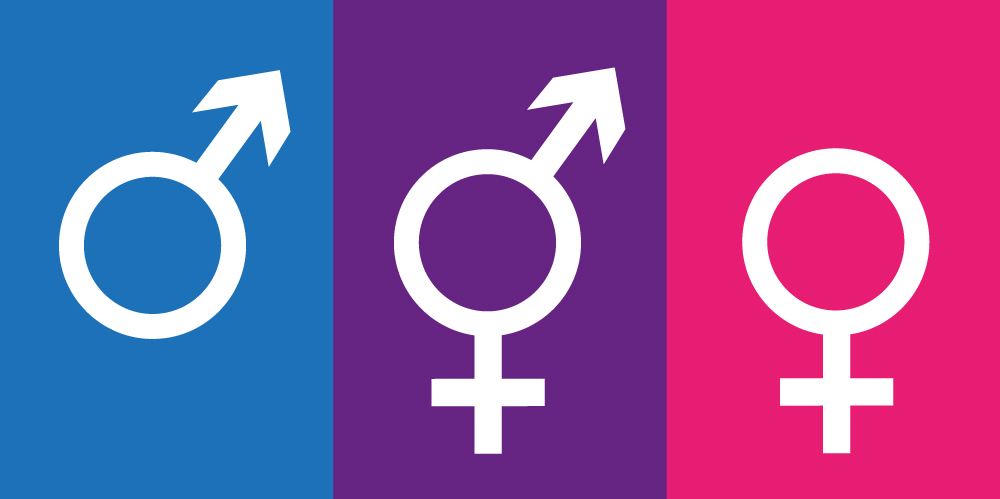Conjugating the singular “they”

Gender-neutral writing is fairly new. The Canadian government started using the terms “gender” or “gender identity” when referring to a person’s sex (unless referring to anatomical characteristics related to reproduction or development) in Canadian legislation in 2017. Most writers in Canada already avoid using “he” and “his” because readers understand these forms to mean men only.
The singular “they” also plays a role in gender-neutral language, although it’s not widely accepted in legal, formal and scientific texts. Have you ever wondered how to conjugate “they” in a sentence when you are referring to one person? Confusion over this makes some people reluctant to use the singular “they,” even when it’s appropriate.
Examples:
- A child can leave day camp alone only if they have parental consent and the coordinator has been informed.
- A student who is tired may have trouble focusing during their exams.
The plural sounds more natural. English speakers may balk at writing something they wouldn’t say. “They have” is syntactically correct in English, and it sounds more natural than “they has.” The same is true with regard to “themself” or “themselves.” “Themselves” sounds more natural and, moreover, Justice Canada has published a recommendation to use the plural form.
Referring to organizations
Organizations and associations are sometimes referred to as “they” instead of “it,” possibly because of the growing trend to use the singular “they.” However, the proper name of a corporation or a country that is in the plural acts as a collective noun and takes a singular verb in Canadian and American grammar (although British usage may be different).
Examples:
- The Canadian Armed Forces supports professional development.
- The United States is our leading trade partner.
The subject of each of the above sentences is a legal entity (“it”), so logically the possessive pronoun should be “its.” There is no gender issue here in English, but it seems to be an area of confusion.
Referring to First Nations
Should one say “itself” or “themselves” when referring to a First Nation? We can see a variety of answers on the Internet. Although this is not a gender issue, it still relates to the changing use of “they” and “themselves.” The singular expression “First Nation,” meaning a band or community (not including the Inuit or Metis), acts as a collective noun, so it should take a singular verb, pronoun and possessive according to traditional grammar. Of course, it is also possible to speak more broadly about “First Nations” when several bands are involved.
Examples:
- The First Nation wants to be proactive in protecting itself in a context of climate change.
- The Huron-Wendat Nation is a First Nation in Wendake, Quebec.
Gender-neutral language in French
Some languages are gendered, like French, which makes it more difficult to be gender neutral. You need to state both the feminine and masculine forms when there is no neutral form, e.g. tous les Canadiens et les Canadiennes.
There is currently a debate over whether the French language should be made gender neutral, as some studies suggest that gendered language leads to more sexist perceptions.
What has been your experience with the singular “they”? Do you think that the term should be extended to collective nouns and replace “it”?
___
Previous post from Barbara McClintock: Survey of Canadianisms
The Editors’ Weekly is the official blog of Editors Canada. Contact us.
Discover more from The Editors' Weekly
Subscribe to get the latest posts sent to your email.
